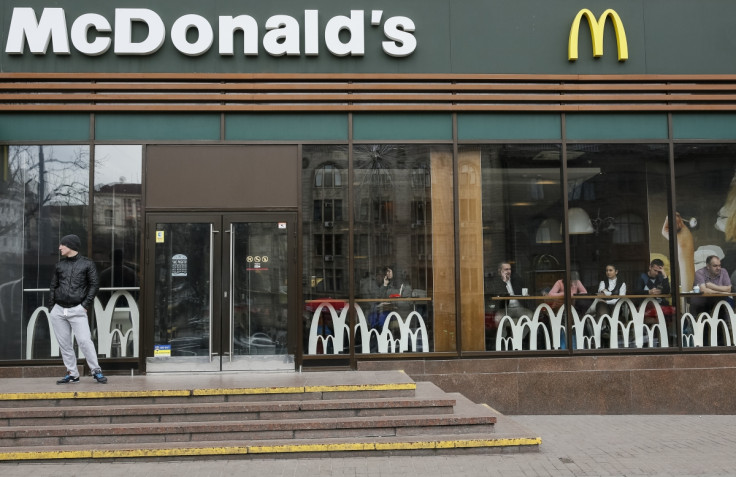McDonald's offers UK staff on zero-hours contract the option to move to fixed hours

McDonald's is revamping its employment policy in the UK. It is offering its UK employees working on zero-hours contracts the option to shift to fixed hours. The new contracts will guarantee a minimum of four hours a week, 16 hours or 30 hours.
Paul Pomroy, who heads McDonald's UK, said the move comes amid feedback from a staff survey in September 2015. Staff had said they were not able to get loans, mortgages or mobile phone contracts because their zero-hours contract did not guarantee employment every week.
"In September, the feedback was that there is an element of people within our restaurants that did want to look at a more permanent set of hours. It was not that they weren't getting the hours they wanted at McDonald's, but as financial lending tightened it was becoming a real challenge", Pomroy told The Guardian.
The decision follows a successful trial of the same in St Helens, Merseyside, a metropolitan county in North West England. The trial included 246 people. Of these, 42 were taking up the offer of fixed hours. Of those who shifted, 60% are said to have opted for the maximum 30 hours per week.
"It has worked for [the staff], it has worked for us. For that group that want to get car loans or want to get mobile phone contracts or want to get mortgages, it's important they can access them. It's less about the hours they are doing. They are not doing any different hours, so their job doesn't suddenly change. But the perception externally is they have got fixed contracted hours, and that enables them to unlock things." Pomroy explained.
The fast foods chain will expand the offer to six restaurants in London and the east Midlands from May. Seeing how the new employment format works during school holidays, the company plans to roll out the new policy across the country from the end of the year.
The American company is one of the biggest users of the zero-hours contracts in the UK. It has about 80,000 members on these contracts, which critics claim exploit workers.
The move was appreciated by both the trade unions and the Institute of Directors (IoD). Seamus Nevin, head of employment and skills at the IoD, said: "While zero-hours contracts offer flexibility for many staff, like students or those with caring responsibilities, other workers would prefer to have the certainty of fixed hours. McDonald's have taken a positive step by talking to staff about how the employment relationship can work best for both sides. Zero-hour contracts will continue to be a useful part of a flexible labour market, but we would encourage firms to engage with staff, and look at offering permanent contracts where appropriate."
© Copyright IBTimes 2025. All rights reserved.





















